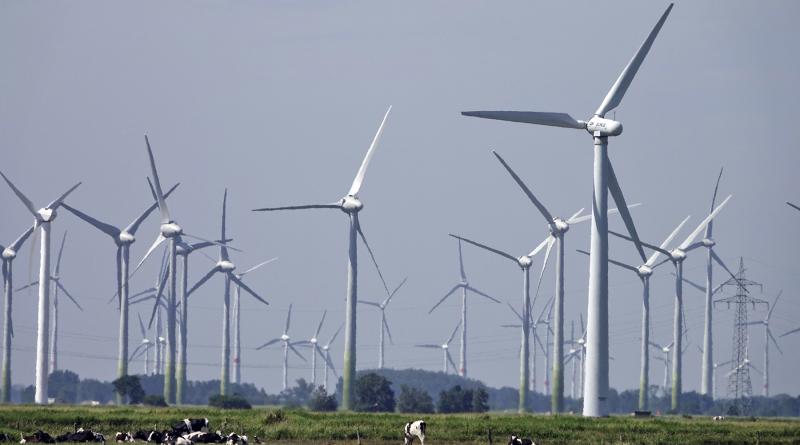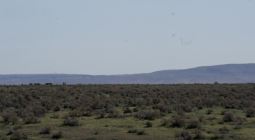Energy Citizenship – A new dimension in Energy Policy Making

Now is the right time to re-design the way we assess energy progress. Bringing together people from all layers of the energy ecosystem is vital to keep moving forward together within these multiple crises.
In times of crisis, what concerns people the most is uncertainty around what is essential. And, by all means, energy is essential for most activities of modern society; it interconnects people and places, hopes and fears. And the current energy crisis has the potential to disrupt our way of living significantly.
Indeed, large parts of society are totally unprepared for the current price crisis. They may not get a solid grasp of where and how they use energy or how much it costs them to use it. At the same time, people may not be well equipped to appreciate or comprehend the energy transition that is already underway and is expected to be faster than ever before in human history, nor how much this unfolding transition costs and what their role is in it.
With so many open questions, how can energy leaders successfully manage a sustainable transition?
There is no magic formula.
Current considerations in energy policy priorities are widely framed in the literature and formally established by the World Energy Council as the ‘energy trilemma’. Indeed, the World Energy Trilemma Index was one of the first energy policy decision-support tools to recognise that binary trade-offs are not sufficient. Integrated policy frameworks are essential in designing sustainable energy systems that address the intertwined challenges of energy security, energy equity and affordability, and environmental sustainability. And, for years, the World Energy Trilemma has served this purpose very well.
However, today the global energy sector is facing unprecedented changes. In just three years, amidst countries’ efforts to decarbonize and shape a more inclusive energy transition, the world has been challenged by two “once-in-a-lifetime” shocks. The COVID-19 pandemic, leading to repeated shutdowns of large parts of the global economy for extended periods of time. In addition, swiftly turning into a global geopolitical crisis, the 2022 Russian invasion of Ukraine gave rise to new energy troubles, notably the spikes in energy costs and the ever-highlighted need for energy independence. And, although the ongoing pandemic’s economic shocks are finally being managed, the latter crisis is still showing its teeth, with high uncertainties looming large over how it will eventually play out.
With these recent shocks and in anticipation of the energy transition challenges ahead, now is the right time to re-design the way we assess energy progress. Bringing together people from all layers of the energy ecosystem is vital to keep moving forward together, within and despite these multiple crises.
Although the World Energy Trilemma seemingly encompasses the emerging energy challenges, it cannot shed light on the various ways in which the global response to these challenges interacts with climate and other development priorities. Critically, the human element appears left out of energy policy decision-making, while longer-term policy considerations for the much-needed transformation are largely excluded, such as fossil fuel divestment and climate justice.
In a response to these challenges, a missing element in decision making is critical: the role of citizens and the need to improve public engagement with policy design. Enhanced engagement, however, is only one aspect of this role. Active societal participation in the socio-energy transition is equally important, as it entails more than public acceptance or lifestyle shifts and extends to ownership of action and related infrastructure in ways that robustly meet affordability, security, and environmental considerations. At the crossroads of fossil fuel divestment and transition justice, energy citizenship can promote this ownership, by democratising energy, decentralising production, and establishing active energy communities, thereby ensuring that energy policies have longer-term sustainability and leave no one behind.
Our society’s relationship with energy is changing and, as that relationship changes, so does our relationship with one another. Thus, we need to involve more people and communities in delivering a successful global energy transition. Adding citizenship to the mix of security, sustainability, and affordability is crucial in this respect.
Now is a significant moment for such a change: embedding energy citizenship at the heart of the energy policy making.




